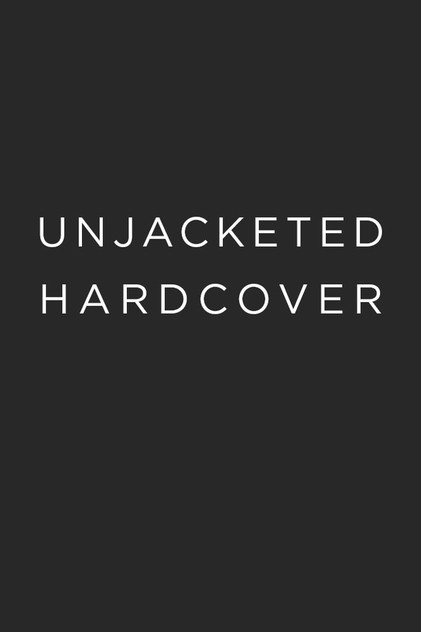The history of the United States in the last thirty years, its preoccupation with the Vietnam War and the devastating affects of that war on the psyche of this nation is evidence of a foreign policy tragedy. Foreign policy tragedy as a rule brings domestic tragedy in its wake. The purpose of this study is to work out why the approaches to social revolution--and that is what the Vietnam War was about--have been wrong on both sides of the ideological spectrum the last thirty years in the U.S., point out why they were wrong, point to where they were wrong, and point to the consequences of acting in a society, on a society, and through a society when the perceptions of that society are in certain respects wrong. Let me sum up my perception on what went wrong in Vietnam. It was a Right wing war fought on Left wing premises. It was a war that could not have been won because those who designed it would not or could not win it--but were also afraid of losing it. It was a war that was wrongly perceived by both sides of the ideological spectrum.==The Liberal argument post facto was that America tried everything and 'still' lost it!The Conservative argument post facto was that it could have been won if the opposition had not tied their hands, keeping them from an all out effort that would have been required to win it.The war was started in earnest by the Liberals under Kennedy. The strategy was to roll up the enemy by hitting on the peasant and through it, cut off the leaders. Pacification, education, re-education, indoctrination, and the introduction of 'self-defense' techniques to the South Vietnamese peasants was meant to stop the revolution exported from the North in its tracks. The U.S. policy was predicated on the assumption that the North 'or' South Vietnam peasants really had something to do with the ruling functions of the North Vietnamese revolution after Thermidor; that after the onset of Thermidor--after the 'institutionalization' of the revolution in Hanoi--the 'revolution' was still 'their' revolution.==The 'Liberal' approach has believed that revolution is tantamount to Mao's view of it in China, peasants all immersed in the revolutionary process as 'fish in the sea'. And so you would have to drain the very ocean itself to stop it. 'Our' approach to the post revolutionary process is that 'after' the onset of Thermidor, 'revolution' is a bunch of terror informed super bureaucrats at the 'center' of a society--both structurally and procedure-wise increasingly cut off from the periphery until, in the end, it is nothing but a bunch of old men in the smoke filled backrooms of the Soviets in Moscow facing the rest of the population, or in the case of North Vietnam during the Vietnam War, in Hanoi.As a rule, in a post revolutionary society, it is the 'center' that really matters upon the onset of Thermidor--not the 'small fish in the sea'. So bombing the 'small fish' into fish soup hell in response--as did the 'West' in Vietnam in that war--every tree, every outhouse, every shack, and every village, until they drop so much ordinance that the entire region is brain dead from defoliants and pockmarks and natural calamities, while leaving the 'center' untouched, would seem insane. Yet that was the policy in Vietnam of America. And then nothing happened! Nothing happened week after week, year after year except that America itself was being driven mad doing the same thing, and expecting it to come out different. That, as the new President-elect said in 1992, was and is insanity.==But what choice did they all have? The pro-war liberal American leadership that designed the war in Vietnam did not dare bomb Hanoi, the capitol of North Vietnam, for fear of triggering World War III with Red China and with Soviet Russia--both of whose client North Vietnam was. So they tied their own hands, figuring that by coming through the back door, 'fish in the sea' style, piece by piece, nobody will notice in Ch

